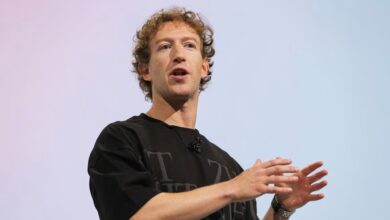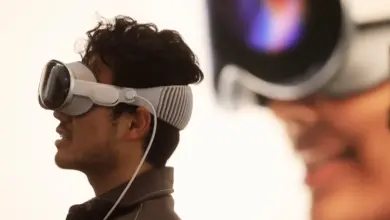
Facebook billionaire Mark Zuckerberg on Thursday said that he and his wife are donating $20 million to help get high-speed Internet service to US classrooms.
The money is being given to nonprofit group Education Super Highway to help with its mission, the Facebook co-founder and chief executive said in a post on his page at the social network.
"In schools, Internet is critical for enabling something we know leads to better results: personalized learning," Zuckerberg said.
"Every classroom should have fast Internet access."
Most schools in the US are connected to the Internet, but fewer than half have high-speed broadband connections, according to Zuckerberg.
Last month, Zuckerberg and his doctor wife revealed plans to start a private school in a hardscrabble Silicon Valley town, mixing education with health care.
Zuckerberg voiced pride in his wife, Priscilla, for the plan to create "The Primary School" in the working-class city of East Palo Alto.
Chan works as a pediatrician and has also been a teacher, seeing first-hand how poor health hinders learning in classrooms, her husband said.
"Health and education are closely connected," Zuckerberg said in a post on his Facebook page.
"When children aren't healthy, they can't learn as easily."
In June of last year, Zuckerberg and Chan began pumping $120 million into San Francisco Bay Area schools.
Distribution of the money is being spread over five years, with initial grants going toward initiatives for providing computers and Internet access in public schools as well as training teachers and enlisting parents in efforts to keep students on track.
"Improving public education in our country and our community is something Priscilla and I really care about," Zuckerberg said at the time.
More than five years ago Zuckerberg channeled $100 million to improve schools in the New Jersey city of Newark in an early foray into improving public education that got failing grades.




